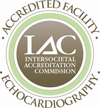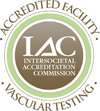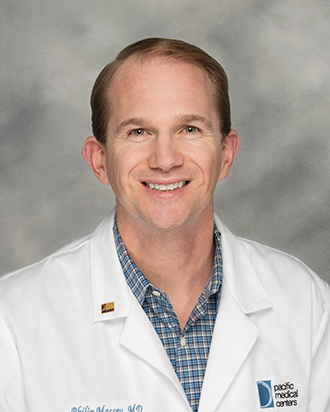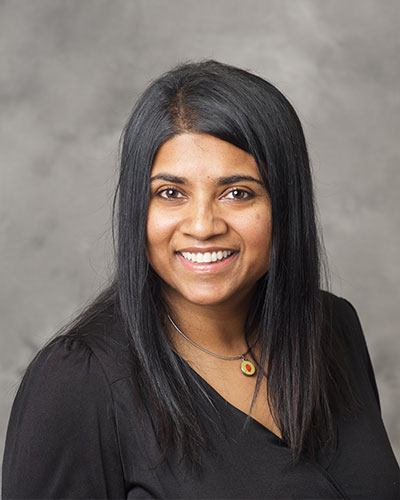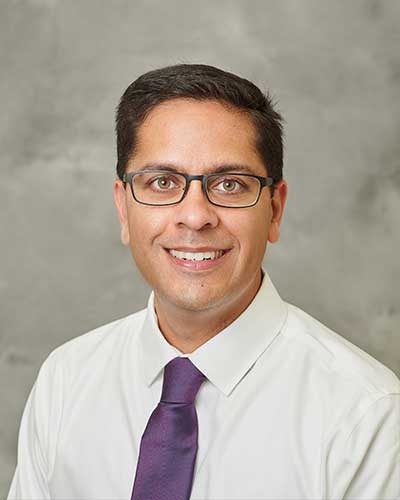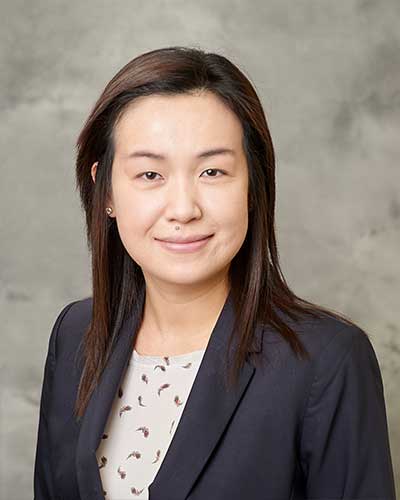Cardiovascular Lab
Your Heart Health is Our Primary Concern
Every heart has a story to tell. Our cardiologists at Pacific Medical Centers will work with you every step of the way to prevent heart disease as well as develop a treatment plan to manage your ongoing healthcare needs.
Cardiovascular Laboratory services are available at several of our clinics. We offer patients noninvasive diagnostic ultrasound procedures that help diagnose various forms of heart and blood vessel, or vascular, disease.
So that patients may live their best lives, the PacMed Cardiovascular Laboratory is committed to excellence in screening, diagnosis and monitoring of cardiac and vascular disease. Our laboratory is accredited by the Intersocietal Accreditation Commission (IAC) in Echocardiography and Vascular Studies, and all of our sonographers are active registrants of the American Registry for Diagnostic Medical Sonography (ARDMS). By pursuing excellence, we ensure the highest standards of quality and commitment to superior clinical care for our communities.
Cardiac ultrasound
- Echocardiography
- Contrast echocardiography
- Left ventricular opacification
- Saline bubble study
- Stress testing
- Echocardiography, both treadmill and pharmacological
- Non-imaging treadmill test
Vascular ultrasound
- Cerebrovascular exams
- Carotid duplex
- Transcranial duplex
- Peripheral arterial exams
- Dialysis access duplex
- Lower extremity arterial duplex with physiologic testing
- Upper extremity arterial duplex
- Physiologic testing—ankle brachial index with exercise
- Pseudoaneurysm evaluation
- Peripheral venous exams
- Lower extremity venous duplex
- Upper extremity venous duplex
- Vein mapping
- Visceral vascular exams
- Abdominal aortic duplex
- Mesenteric duplex
- Portal/splenic vein duplex
- Renal duplex
First Hill
 1101 Madison St, Suite 301
1101 Madison St, Suite 301
Seattle, WA 98104
Canyon Park
1909 214th Street SE, Suite 300
Bothell, WA 98021
Federal Way
31833 B Gateway Center Blvd S
Federal Way, WA 98003
Northgate
10416 5th Avenue NE
Seattle, WA 98125
Renton
601 South Carr Rd, Suite 100
Renton, WA 98055
What to Expect for Echocardiograms and Vascular Exams
If you are having an echocardiogram, which is an ultrasound study of your heart, a trained cardiac sonographer will move an imaging transducer over the chest area with a small amount of gel to help it glide over the skin. The transducer sends and receives sound waves to create ultrasound images. Some people may feel pressure from the transducer being pressed down or need contrast administered in order to obtain an enhanced image. Some specialized stress echocardiograms will include performing exercise on a treadmill or the use of a medication to stress the heart.
If you will be having a vascular exam, which is an ultrasound study of your circulation system, a trained vascular sonographer will likewise move an imaging transducer over a specific area on your body to create ultrasound images. Some specialized vascular tests include performing an exercise, as well.
If you have concerns about your mobility, language, or preference for a female or male sonographer, let your physician know.
Ask questions
We welcome any questions you may have about an upcoming exam. It is important to our team that you feel comfortable before, during, and after the exam.
Frequently Asked Questions
Your doctor may refer to a heart ultrasound as a transthoracic echocardiogram (TTE) or echocardiogram (echo).
Your doctor may refer to a vascular ultrasound as a duplex or sonogram.
A heart ultrasound is a test where pictures of the heart are taken with sound waves. These photos help your doctor learn more about your heart’s health.
This exam does not use radiation.
Most procedures are approximately 45-60 minutes, but a few are as short as 15-30 minutes or longer 60-90 minutes. Some tests may require 8 hours of fasting – no eating or drinking – or temporarily pausing specific medications. Your physician and/or scheduler will notify you if your test requires this. There are no pre-medication requirements or need for a hospital stay.
You may need to consult your doctor for your specific reason. An ultrasound is a non-invasive, lower-cost examination that can reveal to your doctor how well your organs are working and blood flow is moving, as well as any plaque buildup, blockages and/or congenital abnormalities. This will allow your doctor to make an informed decision on the best type of care you may need, if any.




